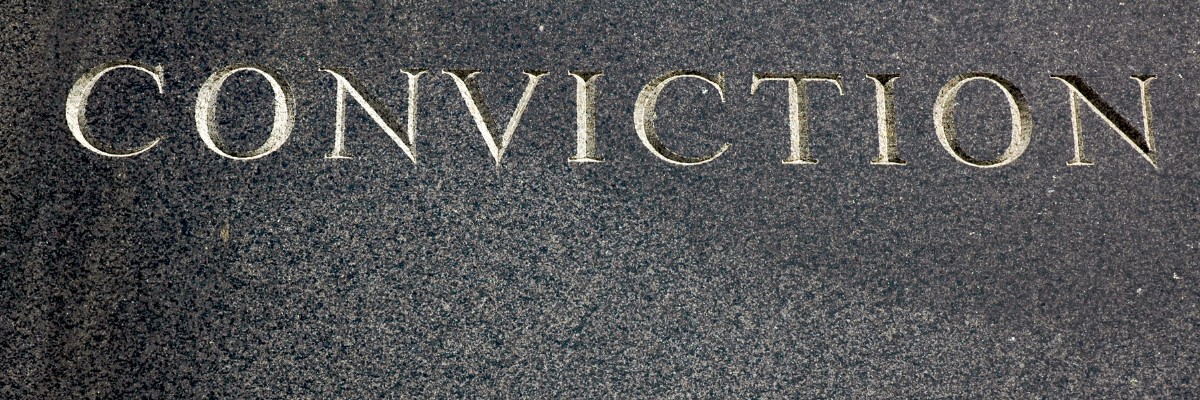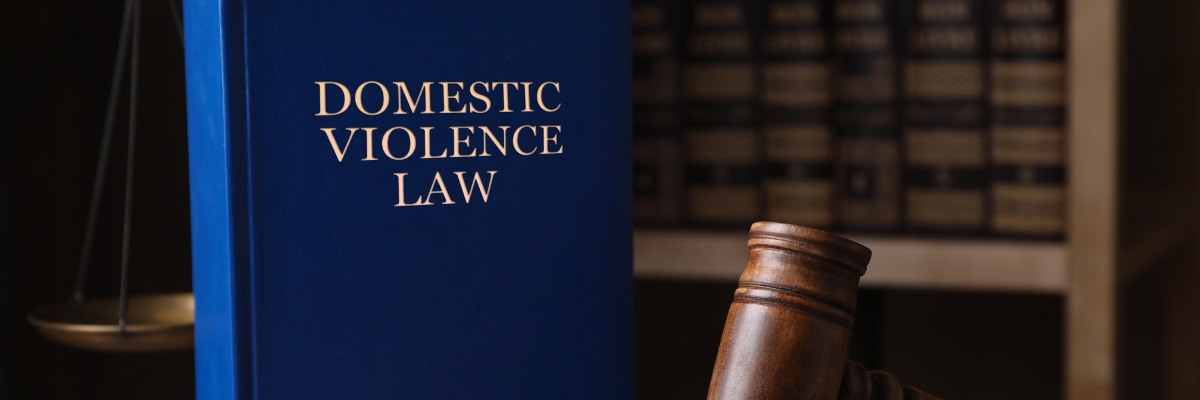What are Non Conviction Records?
Non conviction records can include, but are not limited to;
- Records relating criminal charges that were withdrawn, stayed or where the accused was found not guilty at trial.
- Records relating to conditional and absolute discharges.
- Records relating to any existing or prior police investigations.
- Records relating to any outstanding warrants for arrest.
- Records of any current and past probation orders or peace bonds.
- Fingerprint and Photograph records.
- Records of contact with police as a result of mental health concerns.
- Records of any other contact or involvement with the police, such as occurrence reports.
While not all records of contact or involvement are retained by police agencies, it is the discretion of the particular police agency whether they retain any of these records for future use.
The Presumption of Innocence and the Right to Security of a Person
Among the many rights and protections under the Canadian Charter of Rights and Freedoms, there is a right to security of a person and the right to presumed innocent until proven guilty. The retention of non-conviction records by police agencies can create circumstances which raise concerns regarding these rights. One such example occurs when these non-conviction records appear on police background checks.
While a criminal record check discloses any criminal conviction received by a person who has not been granted a criminal record suspension, a police background check (also referred to as a police information check) can disclose information about non-conviction records. Police background checks are not readily accessible by others unless a person consents, however many employers are now requesting prospective employees to complete a background check or consent to the employer completing one.
While the act of disclosing non conviction records does not directly undermine the presumption of innocence, disclosing these records certainly does create circumstances that could easily result in an infringement upon a person’s right to be presumed innocent. Employers may not understand non-records or may misinterpret them. Either way, a person who has had prior contact with the police and/or our criminal courts may be viewed in a different light by a prospective employer. For example, consider two prospective candidates for a job who are equally experienced and capable of preforming the job. One candidate does not have any non-conviction records while another candidate was found not guilty of an assault charge. Who do you think the employer is going to hire? Do you really think it is realistic that an employer is going to take the time to hear what the criminal charge was about when they have another equally capable and experience person wanting the job? Even if an employer is familiar with the contents of a non-conviction record, is it realistic to think that this information will not factor into an employer’s decision whether to hire that person?
Non conviction records may also threaten the security of a person, a right protected under section 7 of the Charter. Our Superior Court of Justice in J.N. v. Durham Regional Police Service 2011 ONSC 2892 commented on the impact that non-conviction records can have on a person trying to gain employment;
“On an objective basis, then, I am able to find that the Applicant’s inability to obtain employment resulting from her inability to clear the CIR is, objectively, something which would cause serious psychological impact. This accordingly is something that can affect the security of a person within the meaning of section 7 of the Charter.”
Right to Privacy
Certain non-conviction records may also violate a person’s right to privacy. One example of non-conviction records that could violate the right to privacy is fingerprint records. Anytime you are charged with a criminal offence you can expect to be fingerprinted by the police. The police will retain these fingerprint records unless you apply to have them destroyed. If the charges were withdrawn or you were found not guilty and you make an application to have your fingerprints destroyed, in nearly all circumstances your fingerprint records should be destroyed pursuant to our case law.
The Ontario Court of Appeal in R. v. Dore (2002) 162 OAC 56 held that a person has a privacy interest in fingerprint records after his/her charges have been withdrawn, stayed or he/she has been found not guilty. This privacy interest was limited to individuals with who did not have a prior criminal conviction. The Court of Appeal held that the policy of the Toronto Police Service at that time (which was to destroy fingerprint records on request except in highly exceptional circumstances) was consistent with the Charter;
“… the current police policy which in practice limits the extent of the statutorily authorized retention of the fingerprints of the non-convicted by providing that those fingerprints be destroyed on request, provides cogent evidence of where the constitutional balance is struck.”
Since the time of the Dore decision the Toronto Police Service has changed their policy on the destruction of fingerprint records. The new policy is not consistent with the Court of Appeal in decision in Dore and therefore may infringe upon a person’s right to privacy, although that has yet to be determined by our courts.
Watch for the next article on applying to have non-conviction records removed or suppressed.
Contact
If you have been charged with a criminal offence or you have a question about non-conviction records, contact me today.
Read the previous post on Police Background Checks.






